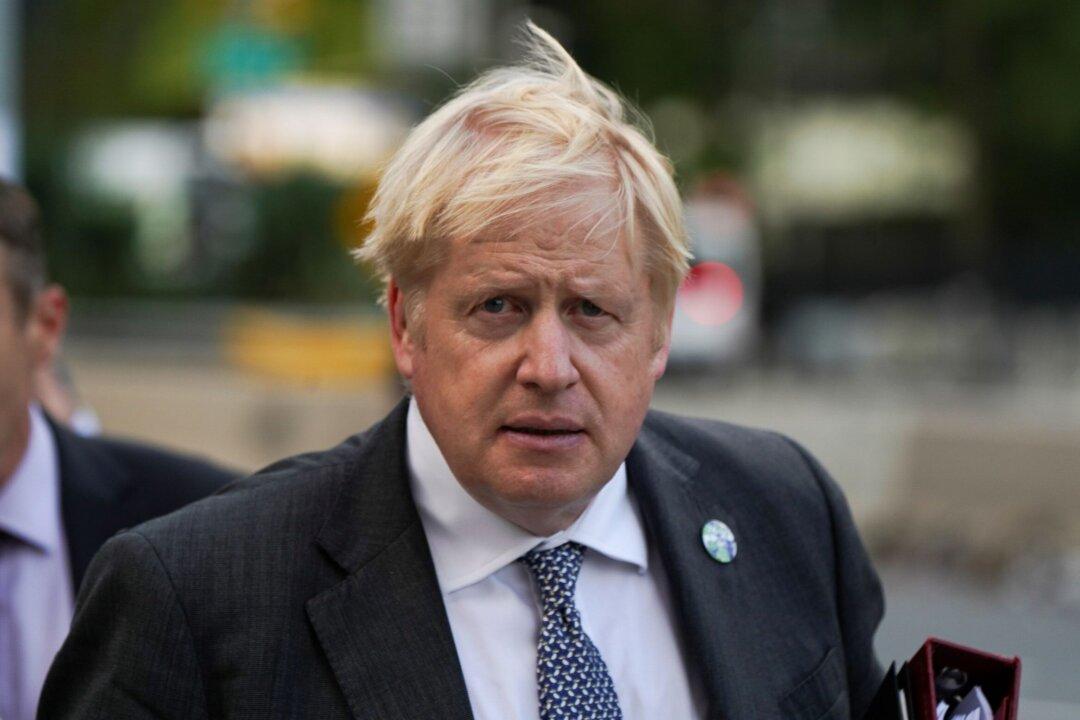Prime Minister Boris Johnson on Tuesday dismissed the suggestion that misogyny should be made a hate crime.
The sentencing of Wayne Couzens, who abducted, raped, and murdered 33-year-old Sarah Everard in March when he was a serving police officer, has reignited calls to add women into the protective categories listed in the hate crime law in England and Wales.





